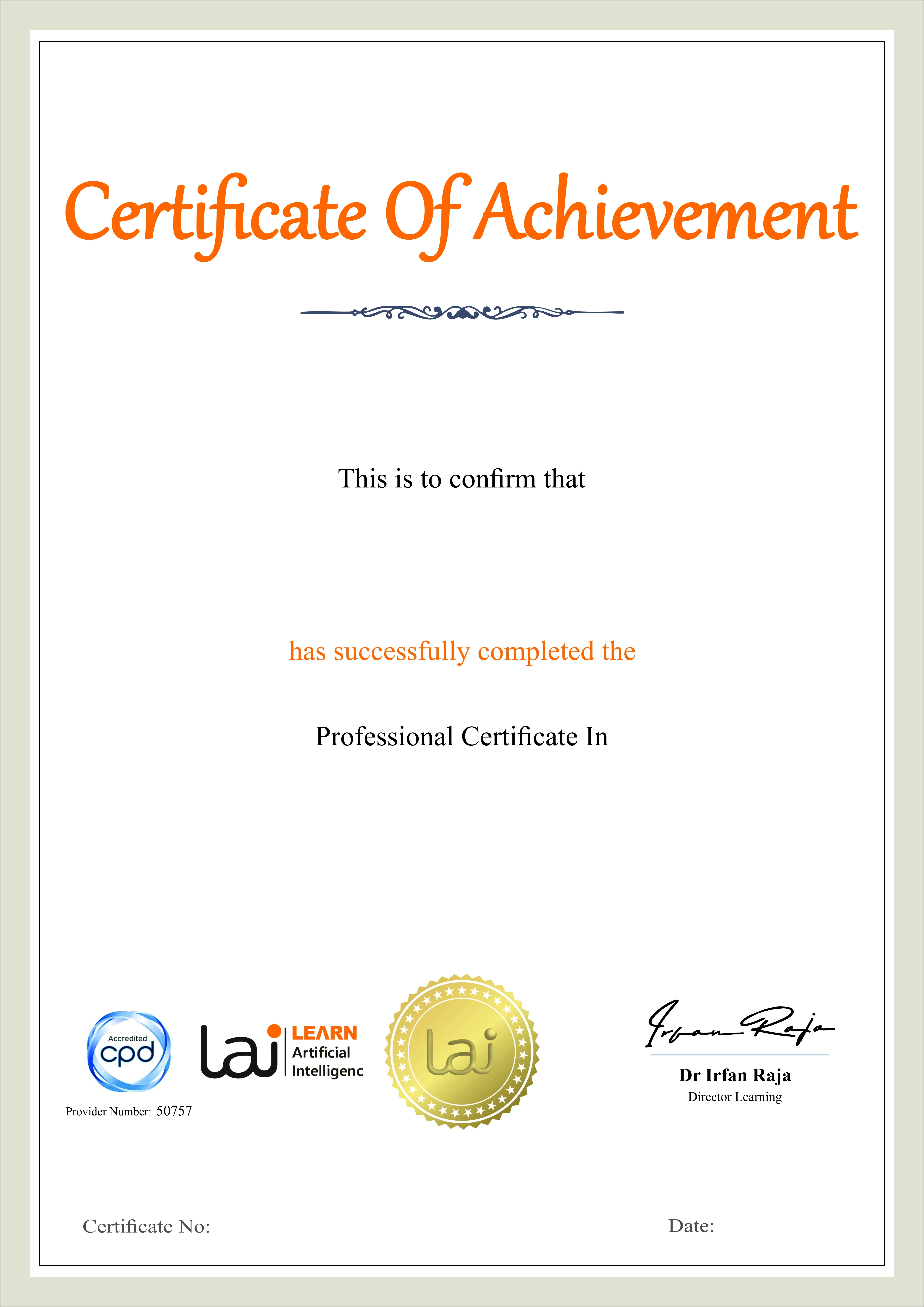The "AI Problem-Solving and Logic" course delves into how artificial intelligence in problem solving tackles complex challenges through logical reasoning, search algorithms, and decision-making frameworks.
Artificial Intelligence in Problem Solving
The "AI Problem-Solving and Logic" course delves into how artificial intelligence in problem solving tackles complex challenges through logical reasoning, search algorithms, and decision-making frameworks. By focusing on core AI techniques, this course explores how artificial intelligence in problem solving has evolved to address real-world issues efficiently. Students will gain a deep understanding of AI methodologies, including heuristic approaches, constraint satisfaction problems, and planning systems that optimize solutions.
This course provides both theoretical knowledge and practical applications to demonstrate how artificial intelligence and problem solving interact in structured and uncertain environments. Learners will explore knowledge representation, search techniques, and reasoning processes that allow AI systems to deliver logical and optimal outcomes. By the end of the course, participants will be well-prepared to implement AI strategies for solving diverse problems across industries.
This course is ideal for: Students and professionals seeking a strong foundation in AI problem-solving techniques. AI enthusiasts and data scientists interested in improving their logical reasoning and decision-making skills. Engineers, developers, and researchers working on AI models for real-world problem solving. Individuals aiming to explore the role of logic, algorithms, and heuristics in AI systems. No prior AI experience is required, but basic programming knowledge (e.g., Python) will be beneficial for hands-on exercises.
Understand the foundational principles of artificial intelligence and problem solving.
Apply search algorithms to solve structured and unstructured problems.
Utilize constraint satisfaction techniques for logical problem-solving.
Implement logical reasoning and knowledge representation in AI systems.
Optimize problem-solving efficiency using heuristic approaches.
Design AI planning and decision-making models for complex challenges.
Develop strategies to address uncertainty in AI-driven environments.
Analyze and evaluate AI methods for real-world problem-solving scenarios.
-
Explore how AI tackles complex problems using logical structures and algorithms. Understand the significance of artificial intelligence in problem solving and its real-world applications.
-
Learn various search algorithms, including breadth-first, depth-first, and A* search, to optimize problem-solving processes and discover efficient solutions.
-
Understand CSPs and how AI systems approach problems with multiple constraints, using techniques such as backtracking and forward checking.
-
Dive into propositional and first-order logic, exploring how AI uses logical reasoning for problem-solving and decision-making.
-
Discover methods for representing knowledge in AI systems and how reasoning mechanisms derive conclusions to solve problems.
-
Learn how heuristic techniques improve problem-solving efficiency by reducing computational costs and optimizing solutions.
-
Explore AI planning techniques, including STRIPS and hierarchical planning, for decision-making in complex environments.
-
Address challenges in uncertain environments using probabilistic models, Markov decision processes (MDPs), and reinforcement learning techniques.
Earn a Professional Certificate
Earn a certificate of completion issued by Learn Artificial Intelligence (LAI), accredited by the CPD Standards Office and recognised for supporting personal and professional development.

Key Aspects of Course

CPD Accredited
Earn CPD points to enhance your profile

Free Course
This course is free to study

Self-Paced
No time limits or deadlines

Flexible & 24/7 Access
Learn anytime, anywhere

Build In-Demand Skills
Get job ready

Updated AI Skills
Stay current with AI advancement

Global Learning
Accessible Worldwide

Premium Materials
High-quality resources

Employer Approved
Boost your career prospects




